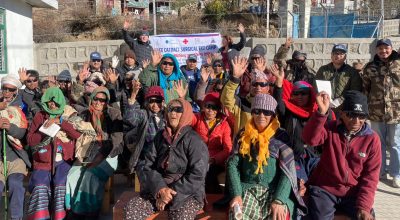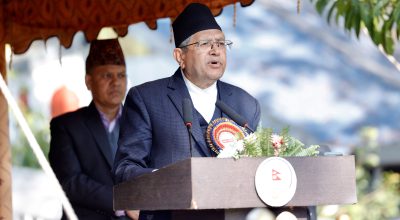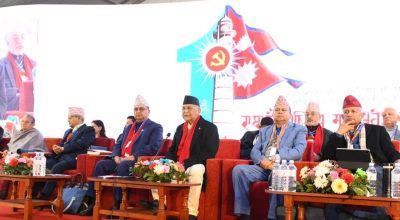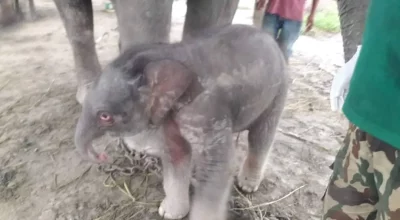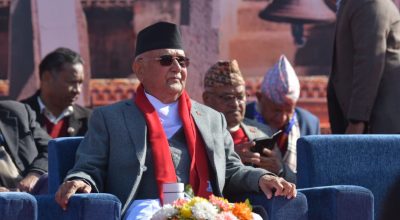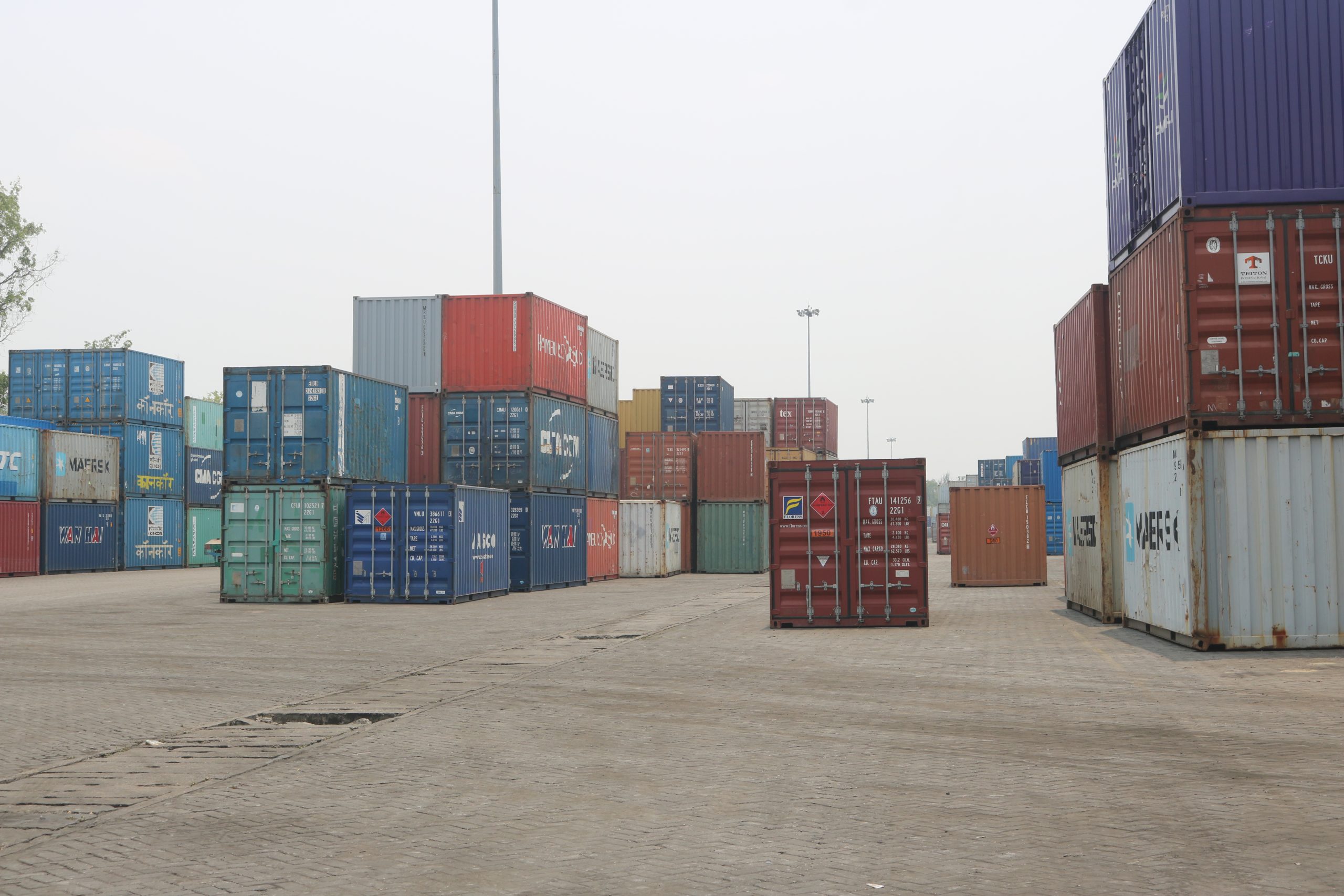
Himal Lamsal
Birgunj, Dec 11 : Smuggling activities are on the rise along the Nepal-India border due to differences in the customs valuation and tax systems between the two countries. While sovereign nations operate distinct administrative and governance systems, experts in the economic sector argue that a unified tax framework would be more effective in controlling smuggling, especially along the open border.
Local industrialists and traders in Birgunj have called for harmonization between Nepal’s customs valuation system and India’s Goods and Services Tax (GST) to address the growing issue of illegal trade.
The lack of alignment between Nepal’s customs valuation system and India’s GST has resulted in increased smuggling incidents in border areas. In the first four months of the current fiscal year, the Armed Police Force in Parsa seized goods worth Rs 1.518 billion that had bypassed customs. Confiscated items included clothing, electronics, hardware, motor parts, food grains, and grocery products.
Additionally, goods worth Rs 26.43 million without proper invoices were also seized during the same period.
Traders Demand Tax Harmonization
Hari Gautam, Senior Vice President of the Birgunj Chamber of Commerce and Industry, emphasized that inconsistencies between India’s GST system and Nepal’s customs duties have made it difficult to control illegal imports and exports.
“Our country’s trade has been overshadowed by an informal economy. The significant price difference between high-duty items in the Indian and Nepali markets has encouraged unauthorized trade,” said Gautam. “Identifying 100 essential daily-use items and aligning their pricing, including GST and customs duties, between the two countries could significantly reduce smuggling and aid in controlling the informal economy.”
Gautam also highlighted the need for Nepal’s customs valuation system to recognize invoices issued by reputed Indian companies. “Customs valuation should be based on official Indian invoices, as well as ‘bills of export’ issued by Indian customs. This would reduce illegal cross-border trade,” he added.
Challenges with Reference Valuation
Gautam pointed out that the current customs valuation reference manual used by Nepal’s Customs Department needs an overhaul. Traders often face penalties when submitting invoices with values lower than those listed in the manual, leading many to declare higher-than-actual values to avoid fines.
In fiscal year 2080/81 BS, authorities in Parsa seized goods worth Rs 5.347 billion that were smuggled or lacked proper documentation. The Armed Police Force in Parsa alone confiscated goods worth Rs 3.427 billion during the same period. However, unrecorded goods smuggled through informal channels remain undocumented.
Declining Revenue Collection
The rise in smuggling has negatively impacted revenue collection at two major customs offices in Birgunj. The Birgunj Customs Office had a revenue target of Rs 245.88 billion for FY 2080/81 but managed to collect only Rs 157.4 billion (64.1% of the target). Similarly, the Dry Port Customs Office in Birgunj fell short of its annual target, collecting only Rs 47.31 billion (71.75% of the Rs 65.94 billion target).
Calls for Systemic Reform
Anil Kumar Agrawal, President of the Birgunj Chamber of Commerce, criticized the customs valuation system for promoting the informal economy. “The current customs valuation approach favors informal trade over formal channels. This system needs urgent reform,” he stated.
Deepak Lamichhane, Chief Customs Administrator, acknowledged challenges in a recent seminar on revenue leakage control. He noted that importers often fail to comply with the internationally standardized Harmonized System (HS) codes, creating technical issues. “Nepal’s revenue system heavily depends on imports. As imports decline, revenue collection also decreases,” Lamichhane explained. “We are focused on facilitating smooth import-export processes for traders.”
With an open border and divergent tax systems, both governments face challenges in addressing smuggling and ensuring fair trade practices, necessitating coordinated efforts for effective solutions. #GST #nepal #india #smuggling






